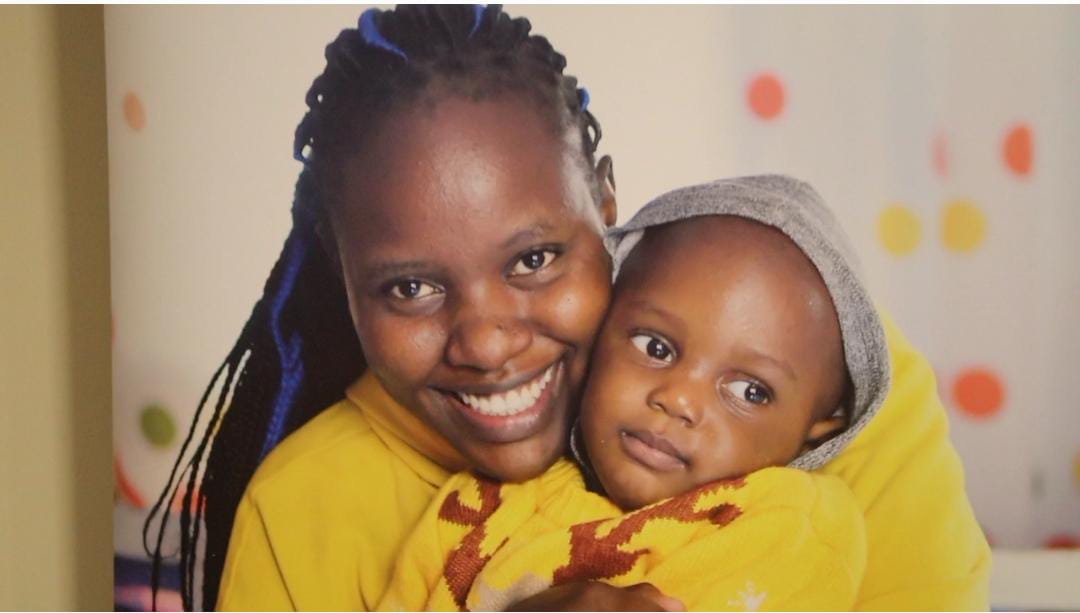
By Virginia Siebella
Childcare stakeholders have sounded the alarm over stark inequalities facing young children in Nairobi County, blaming disparities in geography and household income for the uneven access to quality early learning environments.
Speaking in Machakos during the launch of a new digital mapping tool piloted by Community Health Promoters (CHPs), Elaine Washuka Hurt, Head of Policy and Partnerships at Kidogo Early Years, described Nairobi as a county of “two childhoods.”
She noted that while children in affluent areas like Runda and Westlands are surrounded by structured, nurturing care facilities, those in informal settlements are often left in unsafe, unstimulating spaces.
“Sixty percent of Nairobi’s population lives in urban informal communities, where parents are forced to choose between gainful employment and safe childcare. Many end up leaving their children with whoever appears safest nearby,” Washuka said. Kidogo, she added, has been working to bridge this gap by training and supporting home-based caregivers in these communities.
Washuka called for inclusive policies that not only legalize but also uplift informal childcare providers. “We’re working with Nairobi County to align regulations in a way that empowers—not punishes—women who are running these spaces from their homes,” she said.
Her sentiments were echoed by Martina Adega, Policy and Partnerships Consultant at Kidogo, who emphasized licensing as a crucial step toward professionalizing the sector. “Licensing enables caregivers to offer quality services while also advancing themselves,” she noted.
Representing Nairobi City County, Judy Macharia, Head of Community Health Services, said the digital tool being piloted by CHPs is part of a broader campaign by the county under Governor Johnson Sakaja to invest in children's wellbeing. She cited the “Dishi na County” school feeding program as one of the flagship interventions.
“Nairobi has 7,820 CHPs, each receiving a monthly stipend of 3,500 shillings. They now cover 76% of households," Macharia said, highlighting the extensive reach of community health workers. Through support from the Big Win project, she added, the county has trained CHPs in nurturing care, supported the establishment of playgrounds, and equipped caregivers and teachers with parental coaching skills.
Macharia noted that training manuals for CHPs and healthcare workers have been completed, and one for parents is underway. “Our collaboration with Kidogo has helped bring various partners together to review this tool and identify areas for improvement. We’re here to assess its impact and explore how to strengthen it further,” she said.
The new tool, designed to map Early Childhood Development (ECD) centers across the county, is expected to revolutionize data collection, enhance service delivery, and ensure even informal childcare spaces are integrated into Nairobi’s growing early learning support system.